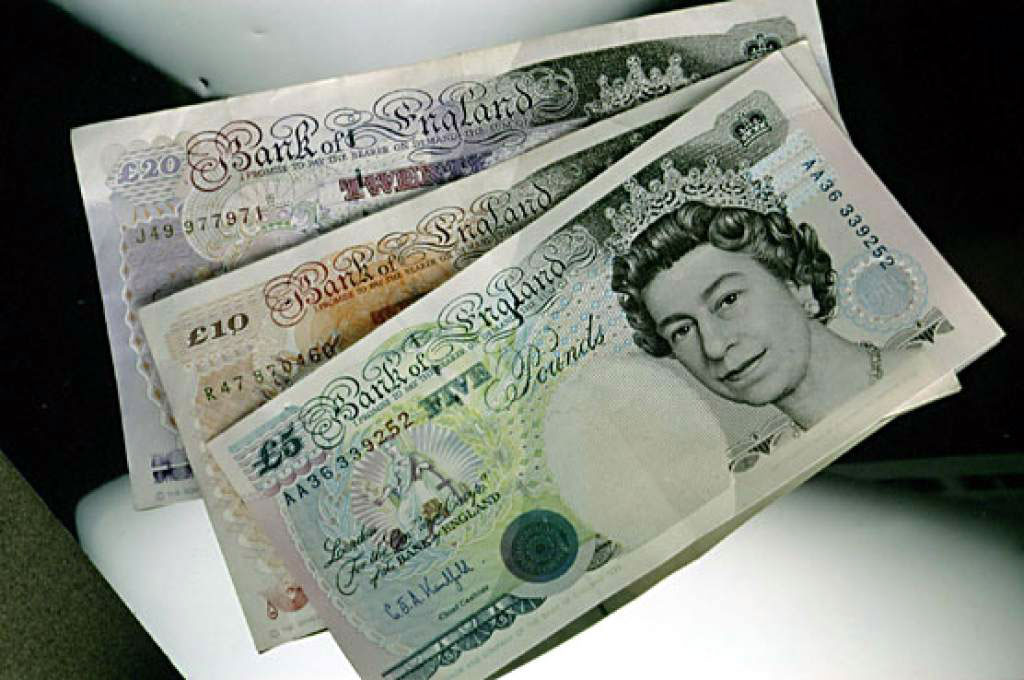 LONDON: The British pound was little changed on Friday after data showed the UK economy got a boost ahead of a Brexit that never came, with traders doubtful Prime Minister Theresa May can reach a deal with the opposition on how to leave the European Union.
LONDON: The British pound was little changed on Friday after data showed the UK economy got a boost ahead of a Brexit that never came, with traders doubtful Prime Minister Theresa May can reach a deal with the opposition on how to leave the European Union.
Sterling did rise towards the end of the European trading session, but that was largely down to broad dollar weakness.
Britain's economy grew at a quarterly rate of 0.5pc in the first quarter of 2019, in line with the reading expected by the Bank of England, as well as by private-sector economists in a Reuters poll.
Business surveys have shown manufacturers built up stocks of goods in case the country left the UK without a transition deal at the end of March.
Year-on-year GDP growth picked up to 1.8pc in early 2019, from 1.4pc in the last three months of 2018, Britain's Office for National Statistics said on Friday.
This was its highest since the third quarter of 2017 and again in line with economists' forecasts.
Momentum in the British economy has been stymied by uncertainty related to how and when Britain will leave the EU, with business investment suffering.
But the economy has also proven resilient, with British consumers continuing to spend and manufacturers rushing to deliver orders before the initial Brexit deadline of March 29.
The government delayed the Brexit date until end of October as it continues talks with the opposition Labour Party to agree a deal that can muster sufficient support from lawmakers that have repeatedly rejected May's withdrawal agreement.
Sterling rose 0.2pc to $1.3035, cutting its week-to-date losses so far to around 1.1pc, although analysts were doubtful the pound's move higher on Friday had legs.
Against the euro the British currency dropped 0.1pc to 86.30 pence
"Given the prospect of GDP correcting lower in 2019, we doubt the market will want to significantly re-price BoE (Bank of England) tightening (8 basis points of hikes priced over the next year) despite hawkish protestations from the BoE," ING analysts said in a note sent to clients.
Economic data has taken a backseat in determining the direction of the pound as prolonged Brexit negotiations dominate trading.
"We are in this limbo period.
We seem to be in this data paralysis," said George Vessey, UK Currency Analyst at Western Union Business Solutions.
"Customers who previously would have been sitting on the sidelines, they are now saying for at least the next six months the pound is going to be stuck where it is."






















Comments
Comments are closed.